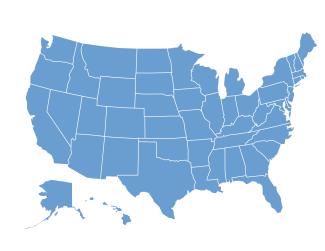Healthy Families Collaboratives
These social services agencies work to strengthen families and prevent unnecessary separation of children from their families.
Collaborative Solutions for Communities (Columbia Heights/Shaw Family Support Collaborative)
3333 14th Street NW, Suite 200, Washington, DC 20010
(202) 518-6737
East River Family Strengthening Collaborative
3917 Minnesota Avenue NE, Washington, DC 20019
(202) 397-7300
Edgewood/Brookland Family Support Collaborative
601 Edgewood Street, NE, Suite 25, Washington, DC 20017
(202) 832-9400
611 Edgewood Street, NE, Suite 106, Washington, DC 20017
(202) 832-9400
801 7th Street, SW, Washington, DC 20024
(202) 832-9400
Far Southeast Family Strengthening Collaborative
2006 Martin Luther King Jr. Avenue SE, Washington, DC 20020
(202) 889-1425 or (202) 827-3032
2616 Martin Luther King Jr. Avenue SE, Washington, DC 20020 (Matthews Memorial Church)
(202) 885-9167
4315 3rd Street SE, Washington, DC 20032 (Atlantic Homes)
(202) 827-3032
Georgia Avenue Family Support Collaborative
4420 Georgia Avenue NW, Washington, DC 20011
(202) 722-1815

